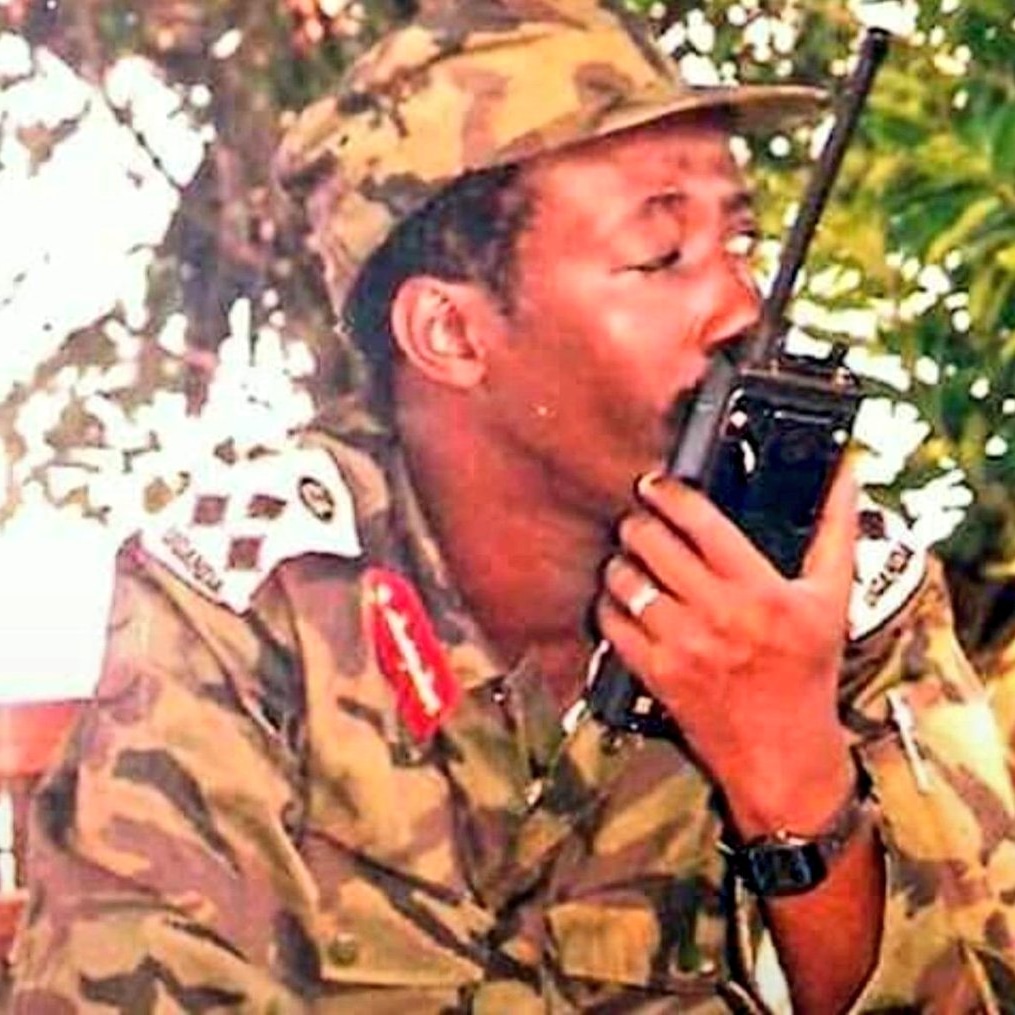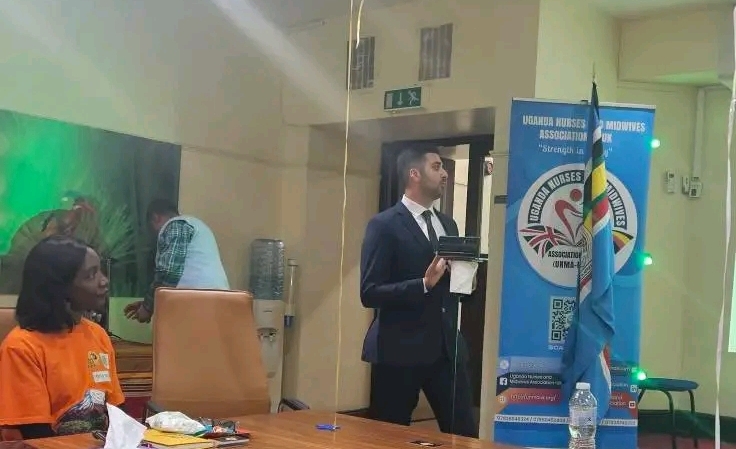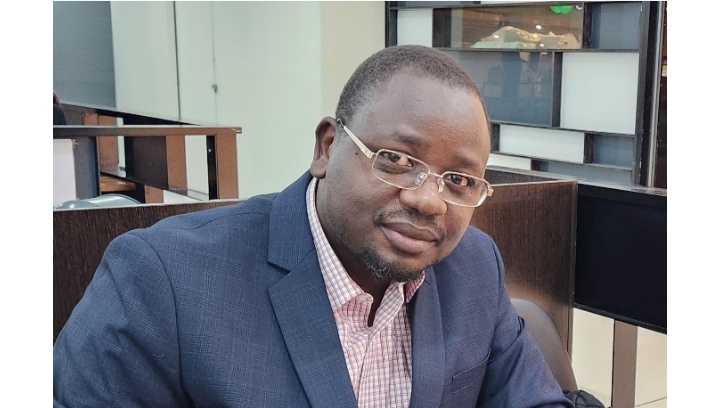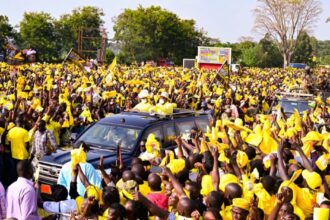The Unsung Hero of Uganda’s Liberation: Brigadier Chefe Ali’s Enduring Legacy###
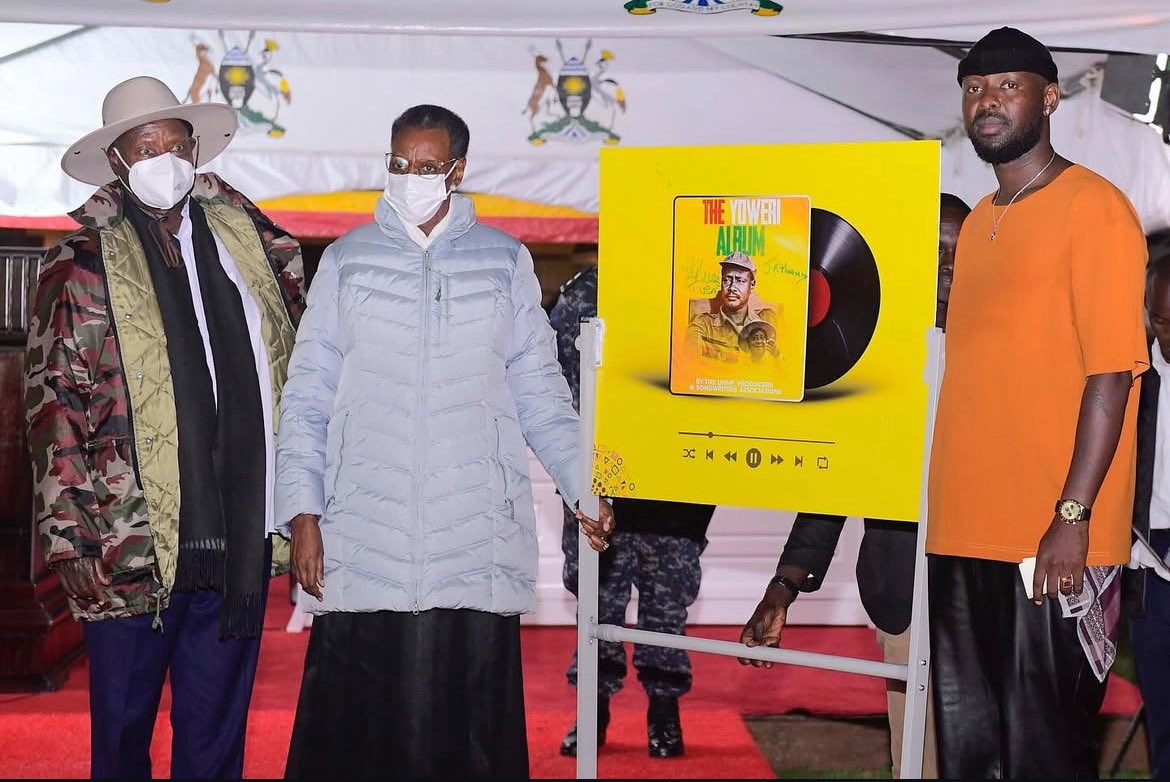
Brigadier Chefe Ali, born Eriya Mwine in 1960 in Namutamba, Mityana District, was a towering figure in Uganda’s struggle for stability, his legacy recently thrust into the spotlight by President Yoweri Museveni’s claim that Afrobeats star Eddy Kenzo is his son. Over six feet tall, soft-spoken yet resolute, Chefe Ali’s life traced Uganda’s turbulent journey from Idi Amin’s tyranny through the 1981-1986 bush war to the fraught post-war years. His story, often eclipsed by flashier NRA comrades, blends disciplined soldiering with a personal enigma, culminating in a tragic, mysterious death.
Chefe Ali’s revolutionary spark ignited early. Raised in Mbarara, he joined anti-Amin efforts as a teen, aligning with his brother Lt. J. Nasasira in the Uganda National Liberation Front (UNLF), a Rwenzori-based resistance group. By 1979, during the Uganda-Tanzania War, he fought under Museveni’s FRONASA, helping liberate Mbarara—a blow that cracked Amin’s western stronghold. His nom de guerre, “Chefe” (Swahili for “chief”), nodded to revolutionary icons like Che Guevara, while “Ali” reflected Islamic solidarity amid Amin’s divisive rule.
The bush war cemented his legend. A schoolmate of Emmanuel Gisa (later Fred Rwigyema), Chefe Ali recruited the future RPF leader into the NRA’s founding 27-man cadre, training in Tanzanian FRELIMO camps. Influenced by Kahinda Otafiire’s zeal, he pushed for the NRA’s 1984-85 Rwenzori front, evading UNLA encirclement. As 11th Battalion commander, he orchestrated the 1985 Mbarara Barracks siege, a turning point. In the 1986 Battle of Kampala, his unit stormed through Nakulabye, Makerere, Kamwokya, Nakasero, and Kololo, securing the capital with tactical precision veterans dubbed “the silent storm.”
Post-war, Chefe Ali rose in the Uganda People’s Defence Force (UPDF). He led the 4th Battalion against Joseph Kony’s LRA in the north, then commanded the 3rd Division in Mbale and 2nd in Fort Portal. By 1996, Museveni named him Acting Chief of Staff, a role he held until 1998, steering UPDF’s professionalization amid ethnic purges. His final mission—training Congolese rebels in eastern DRC during Uganda’s controversial intervention—exposed him to tropical diseases. Maj. Gen. Elly Tumwine praised him as a rare “clean” officer, untainted by cabals. Chefe Ali even co-wrote NRA mobilization songs, a creative streak mirrored in Kenzo’s global hits.
A private man, Chefe Ali was a teetotaler who shunned fame. Married to Enid Mwine, who died in 1998 of a heart ailment, he remained single, his children’s details obscure until Museveni’s 2025 revelation tied him to Kenzo, born 1989 in Masaka. The claim raises questions: Kenzo’s “street kid” narrative and Masaka roots clash with Chefe Ali’s Mbarara burial in Kiguma-Kazo. Timeline gaps—Chefe Ali’s known family lacked public heirs—fuel speculation of political spin, linking Kenzo’s UNMF role to NRA glorification. Yet Museveni’s nod to Kenzo’s prior confession suggests a war-torn paternal bond.
Chefe Ali’s death on July 9, 1999, at 39 from pneumonia in Kololo Hospital, remains contentious. Official reports cite DRC-related illness, but whispers of foul play point to UPDF’s ethnic tensions.
Buried in Mbarara, he left a void as a unifying figure. His legacy bridges Uganda’s past and future: he recruited visionaries like Rwigyema, shaped UPDF’s discipline, and, through Kenzo, inspires via art. In a nation scarred by war, Chefe Ali’s story warns of forgotten heroes and fractured families while celebrating quiet resilience. As Kenzo’s “Sitya Loss” echoes globally, it carries a father’s unsung victories, etched not in conquest but in service to a freer Uganda.
Do you have a story in your community or an opinion to share with us: Email us at editorial@watchdoguganda.com



